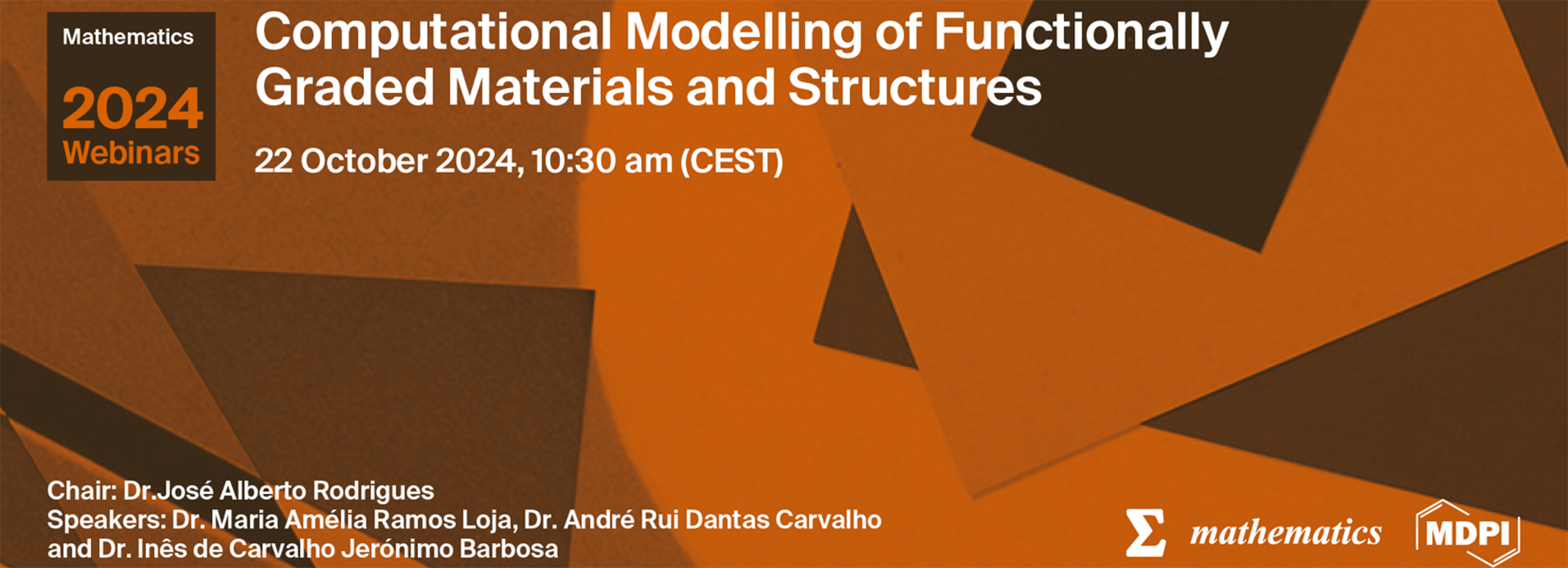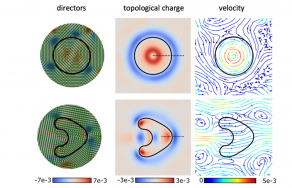Este webinar decorrerá online pelas 10h30 de 22 de outubro, organizado pelo professor José Alberto Rodrigues (DM /ISEL) e com a participação dos professores Maria Amélia Ramos Loja (DEM/ISEL), André Rui Dantas Carvalho (DEM/ISEL) e Inês de Carvalho Jerónimo Barbosa (DEM/ISEL). A participação será gratuita, mas carece de inscrição.
Functionally graded materials (FGMs) represent a class of advanced materials characterized by spatial variations in composition and microstructure, resulting in corresponding changes in their mechanical, thermal, and electrical properties. The mathematical and engineering aspects of FGMs are crucial in the design and analysis of structures that leverage these gradations to optimize performance under various loading and environmental conditions.
Mathematically, the modeling of FGMs involves solving complex differential equations that describe the behavior of materials with continuously varying properties. Techniques such as the finite element method are commonly employed to approximate solutions to these equations. These methods require a deep understanding of partial differential equations, numerical integration, and matrix algebra. Additionally, optimization algorithms are often used to tailor the gradation profiles for specific engineering applications.
From an engineering perspective, the application of FGMs spans multiple domains including aerospace, biomedical, automotive, and civil engineering. The ability to engineer material properties spatially allows for the design of components that exhibit superior resistance to thermal stresses, improved load-bearing capacity, and enhanced durability. For instance, in aerospace engineering, FGMs can be used in thermal barrier coatings that protect components from extreme temperatures while maintaining structural integrity.
This upcoming webinar on the computational modeling of FGMs will delve into these mathematical and engineering aspects, providing insights into the latest research and developments in the field. Experts will discuss advanced modeling techniques, optimization strategies, and practical applications, highlighting how computational tools can drive innovation in material science and structural engineering. This webinar aims to bridge the gap between theoretical research and practical implementation, fostering collaboration and knowledge exchange among professionals and researchers.
Mais informação disponível em https://sciforum.net/event/Mathematics-10







